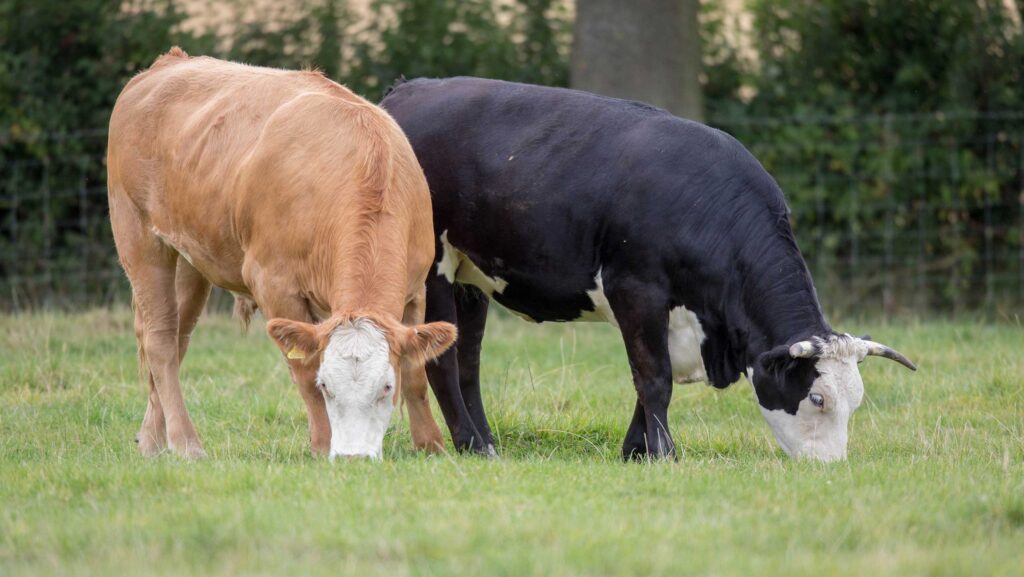AHDB warns of impending fodder shortages
 © Tim Scrivener
© Tim Scrivener Livestock farmers are being urged to prepare for potential fodder shortages and assess their feed requirements, in view of the continuing dry weather.
The AHDB has highlighted that, despite a strong start to the grass growing season, the lack of rainfall could significantly slow growth, reduce silage yields, and affect grazing availability.
See also: Drought fears intensify after scorching April
“At this point, it’s worthwhile farmers assess both summer and winter feed requirements and to start building contingency plans,” said Katie Evans, AHDB senior knowledge exchange manager.
“This might include reviewing silage stocks, being prepared to cut earlier than usual to prioritise feed quality over bulk, and considering fast-growing catch crops for summer or autumn grazing,” she added.
Grazing management
Grazing management, AHDB highlighted, is especially important during dry periods.
“Rotational grazing can help protect residuals and reduce plant stress, and where pasture supply is tight, using buffer or supplementary feeding early can protect sward recovery later in the season,” advised Ms Evans.
Cornwall beef and free-range turkey farmer Martin Williams, whose 300 shorthorn cattle are fed on home-made silage and graze on herbal leys in a cell system, said he’s keeping a close eye on the situation.
“We had some rain over the weekend which helped, but the forecast for the next few weeks is dry, so we’re being careful,” he said.
A balancing act
In west Wales, beef farmer Hefin Jones said he is trying to protect the silage ground for as long as possible to ensure there is enough fodder for the winter.
Grass seed put down earlier in the season, he said, has germinated, but had not much chance of success with the dry conditions.
“If we can keep the cattle out of the silage fields for now, we should be OK, but it’s always a balancing act. I need to look at reseeding again later in the season,” he said.
Water scarcity in Scotland
The Scottish Environment Protection Agency (Sepa) has also warned of water scarcity.
River catchments across the Deveron, Ythan, Don (Aberdeenshire), Dee (Aberdeen), Esk, Firth of Tay, Firth of Forth, Almond, Tyne (Lothian), Tweed and Esk (Dumfriesshire) are now classed as “moderate”.
Only the Inner and Outer Hebrides remain at an “early warning” stage.
“With parts of Scotland now at 11 months of below-average rainfall, it will take above-average rainfall over an extended period to recover to normal levels,” said Claire Tunaley, senior hydrologist at Sepa.
Anyone who abstracts water from the environment, including agriculture, is urged to take action now to protect their operations and the environment, she added.
